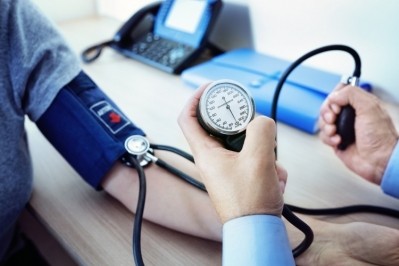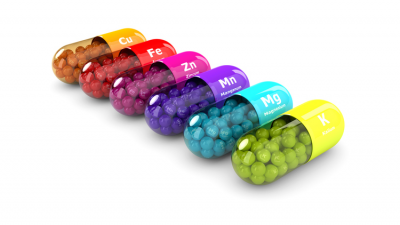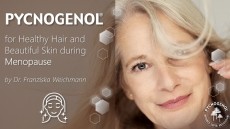Science shorts: Latest research news in vitamin D, probiotics, and longevity studies

Vitamin D supplementation unlikely to reduce incidence of cataract surgeries – Five-year RCT
The oral supplementation of vitamin D among the elderly is unlikely to reduce the incidence of cataract surgeries, according to a five-year long RCT conducted in Australia.
This is in contrary to existing observational studies which reported that serum vitamin D concentration could affect the risk of developing cataract, the researchers of the study said.
Writing in Ophthalmology, a group of researchers from Australia reported that the incidence of cataract surgery was similar between individuals who took vitamin D and those who took placebo.
Longevity research funding boom: Prominent researcher on why healthspan should be the focus
Prolonging health span – the number of years when one spent healthily – is the direction to work towards to when it comes to longevity research, a world-leading academic told our Growth Asia Summit.
Dr Brian Kennedy, director of the Centre for Healthy Longevity, National University Health System (Singapore) pointed out the above when he was speaking on the first day of the Growth Asia Summit held in Singapore’s Marina Bay Sands between October 11 and 13.
There has been “huge private capacity investing in longevity”, and the research should be focusing on extending health span as opposed to merely trying to increase lifespan, he pointed out.
Synbiotics and PCOS: Supplementation linked to improved sexual function and fertility in patients - RCT
The administration of probiotics and prebiotics may improve sexual function and fertility in women with polycystic ovary syndrome (PCOS), according to a double-blind, randomised clinical trial.
The study, which took place in Iran, involved 40 PCOS patients randomly split into two groups.
One group took letrozole alone, while the other group was given letrozole and LactoFem, a synbiotic (probiotic plus prebiotic) formulation containing seven bacterial strains, as well as fructo-oligosaccharides.
Veggies, vitamins, metal elements intake linked to HMOs production – Abbott funded study
Breastfeeding mothers with a higher intake of vegetables, vitamins and metal elements produced more human milk oligosaccharides (HMOs) in their breast milk, according to an observational study funded by Abbott Nutrition R&D Center in Shanghai.
For instance, the dietary intake of vitamin B1 and B2 was positively linked with the production of 2′-fucosyllactose (2’-FL) – the most abundant HMO in breast milk.
The study, published in Nutrients, is said to be the first of its kind.
Dual probiotic strains reduce body fat mass and percentage – South Korea 12-week RCT
A new human clinical trial from South Korea has shown that the supplementation of a probiotic formulation containing two Limosilactobacillus strains for 12 weeks could significantly reduce body fat mass and percentage.
The two strains in question are Limosilactobacillus fermentum MG4231 and MG4244 and is developed into a supplement known as MED-02 by South Korean firm MEDIOGEN.
Conducted by researchers from Seoul Paik Hospital, IIsan Paik Hospital, and MEDIOGEN, findings of the trial were recently published in Nutrients.


















